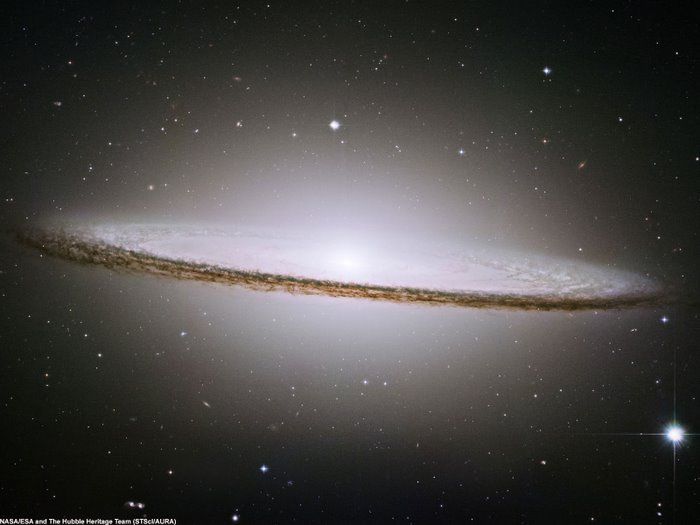Valid ideas that physical reality is vastly larger than human perception of it, and that the perceived part may not be representative of the whole, exist on many levels and have a long history. After a brief general inventory of those ideas and their implications, I consider the cosmological “multiverse” much discussed in recent scientific literature. I review its theoretical and (broadly) empirical motivations, and its disruptive implications for the traditional program of fundamental physics. I discuss the inflationary axion cosmology, which provides an example where firmly rooted, plausible ideas from microphysics lead to a well-characterized “mini-multiverse” scenario, with testable phenomenological consequences
This Brain Pattern Could Signal the Moment Consciousness Slips Away
-
Scientists find coordination between key brain waves breaks down in people
under anesthesia.
The post This Brain Pattern Could Signal the Moment Consciou...
12 hours ago






